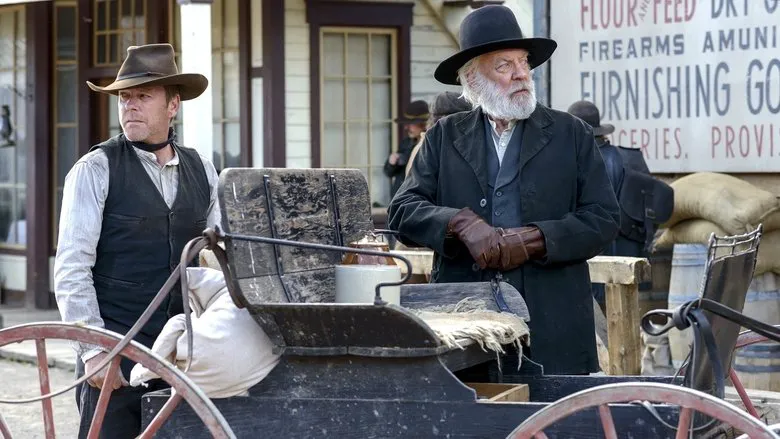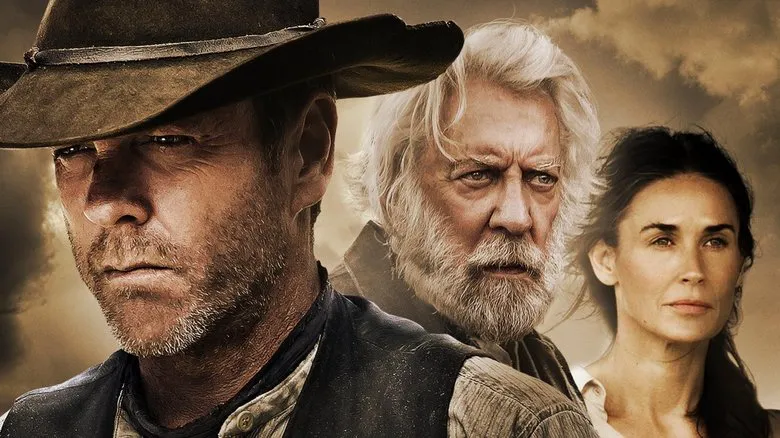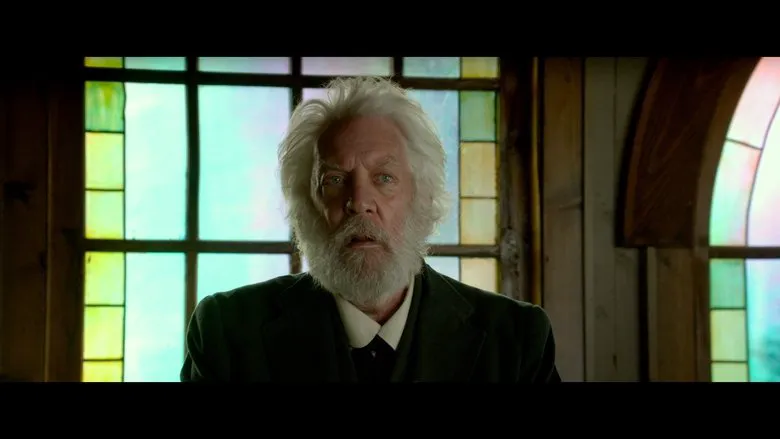Nobody Wants the Night: A Profound Arctic Journey of Survival, Love, and Civilization
Isabel Coixet’s cinematic vision often embraces a distinctive female perspective, and Nobody Wants the Night, which had the honor of opening the Berlin Film Festival, stands as a testament to this truth. While Coixet herself may prefer not to be pigeonholed by gender, the fact that her film was only the second opening feature in the festival’s history to be directed by a woman inescapably imbues it with a specific narrative gravitas. The film navigates a remote and unforgiving landscape, delving deep into the human spirit’s capacity for survival, unexpected alliances, and shifting perceptions of love and civilization.
A Perilous Expedition into the Frozen Unknown
The narrative unfurls around Josephine Peary, portrayed with remarkable depth by Juliette Binoche. As the wife of the famed explorer Robert Peary, Josephine is driven by a potent cocktail of fierce pride and an unyielding desire to partake in her husband’s anticipated glory. She embarks on a singularly audacious and perilous journey into the heart of the Arctic, fueled by the hope of witnessing his monumental conquest of the North Pole.
Initially naive to the relentless dangers of the Arctic wilderness, Josephine relies heavily on her husband’s experienced crew and two indigenous Inuit guides. The journey is fraught with harrowing challenges, including treacherous avalanches and the constant specter of death. Despite these formidable obstacles, Josephine presses onward, drawing ever closer to her husband’s expedition. However, the rapidly approaching Arctic winter ushers in an increasingly brutal and inescapable environment. Deterministic in her quest to find her husband, Josephine eventually seeks refuge in an isolated expedition hut. It is here that destiny intervenes, as she finds herself confined with Alaka, played with understated power by Rinko Kikuchi, a local Inuit woman.
An Unfolding Bond Amidst the Arctic Desolation
As the ceaseless Arctic night descends and time stretches endlessly within the confines of the isolated hut, Josephine uncovers a profoundly unsettling truth: Alaka bears a secret connection to her husband – she is pregnant with his child. This revelation could easily have shattered Josephine, fueling resentment and animosity. Yet, the overwhelming imperative of survival within the brutal climate transcends conventional emotions. Josephine and Alaka are inexorably forced to rely on one another, their individual wills intertwined in a desperate bid to simply endure.
Their shared ordeal forges an unlikely, yet unbreakable, bond. Ultimately, Josephine is rescued and reunited with her husband, a return to the “civilized” world she so desperately craves. Alaka, in a poignant and heartbreaking sacrifice, remains in the desolate snow with her deceased child, quietly awaiting the inevitable arrival of spring, a testament to her deep connection to the land and its rhythms.
Intertwined Threads: Female Resilience, Nature’s Power, and Human Connections
Nobody Wants the Night transcends a mere account of survival. It masterfully interweaves complex themes that resonate far beyond the frozen expanse. It is a profound meditation on female strength and resilience, showcasing how adversity can strip away societal facades to reveal raw fortitude.
The film also serves as a striking exploration of the inherent clash between the constructs of civilization and the pure, untamed force of wilderness. Coixet brilliantly uses the harsh Arctic environment as a crucible, testing human nature and the intricacies of relationships under extreme duress. Through Josephine’s transformative journey – a woman learning to “endure the night,” both literally and metaphorically – Coixet offers compelling reflections on the very essence of the world and the human condition.
Redefining Love and Gender in the Icy Embrace
Historically, exploration has been a strictly male-dominated pursuit, often romanticized as men conquering the world while women dutifully support their heroic endeavors from the sidelines. Josephine’s initial love for her husband is inextricably linked to his indomitable spirit of exploration; she derives a sense of self-worth from “possessing” such a heroic figure. This conventional understanding of love and self is, however, irrevocably shattered by Alaka’s unassuming presence.
The relationship between the two women undergoes a profound metamorphosis amidst the relentless Arctic storms. It evolves from an initial rivalry fueled by shared affection for one man, to a deeper understanding rooted in shared experience and even a shared love for him, ultimately blossoming into a mutual dependence and a collective, primal care for the child. The boundaries between disparate notions of love and responsibility become fluid and blurred. Alaka’s perspective on love is disarmingly simple and pragmatic: it is sharing meals, finding warmth in shared sleep, and protecting one another from the biting cold. While conversant with the English terms “man” and “woman,” her inherent understanding of gender roles is remarkably fluid and unburdened by societal norms. In moments of crisis, Alaka willingly embodies the “man” when Josephine requires nurturing and care, just as Josephine, driven by necessity, transforms into the “man” who hunts when Alaka gives birth. Their shared intimacy, forged in the isolating darkness of the hut, dissolves Josephine’s ingrained, preconceived notions of gender, as they huddle together, their combined love and nascent strength shielding the fragile new life.
Civilization’s Hubris vs. Nature’s Unyielding Purity
The film’s thematic richness extends to a broader commentary on civilization’s relentless desire to conquer the natural world. Robert Peary, the explorer whose tangible presence is conspicuously absent throughout the film, functions as a powerful symbol of civilized society’s boundless ambition. Driven by an insatiable thirst for glory, explorers venture into the unknown, not merely to discover but to challenge and ultimately subdue nature. Within this mindset, the indigenous Inuit people are often casually dismissed as uncivilized and primitive. Josephine herself, arriving directly from cosmopolitan Washington, D.C., clings to her elegant dresses, meticulously arranged tableware, and even a gramophone to bring music to the desolate wilderness. In the vast, pristine expanse of the Arctic, she finds fleeting solace in these vestiges of her former life, though she appears utterly insignificant against the overwhelming backdrop of the snow-covered landscape.
The film poses a poignant question: what is the true meaning of human civilization when confronted by the unadulterated purity and power of nature? Early in the film, Josephine proudly celebrates hunting a polar bear, but later, facing imminent starvation, she recoils at the thought of eating raw meat. It becomes glaringly apparent that for her, hunting was merely a recreational pastime in her civilized world, rather than a matter of sustenance. Josephine’s initial disregard for nature’s risks is telling, as she reflexively seeks solace and protection from a divine entity. She attempts to explain to Alaka that in civilized society, “love” is inextricably linked to possession. She finds the local people’s pure, unadulterated love for nature inexplicably “complicated” and utterly beyond her comprehension. This strained logic of the “civilized world” remains entirely alien to Alaka, whose simple English words echo the crystalline purity of the snow itself, articulating a profoundly different understanding of the world.
In the film’s poignant climax, it is the pure-hearted Alaka who ultimately serves as the vital link to survival for the “civilized” Josephine amidst the brutal environment. Their survival hinges not on dresses, tableware, or gramophones, but on the most fundamental form of love and profound faith in one another. Embracing a complete return to nature, Alaka bids a silent, heartbreaking farewell to the now rescued Josephine, then consciously walks back into the endless night with her deceased child, accepting her fate with an almost sacred dignity.
The Enduring Message of “Nobody Wants the Night”
The film’s evocative title, Nobody Wants the Night, perfectly encapsulates the universal fear of the Arctic winter, with its relentless darkness, blinding blizzards, and omnipresent threat of death. While daylight traditionally symbolizes hope and renewed strength, the extended night represents profound danger and human vulnerability. And while the masculine strength heralded by the civilized world might offer a superficial sense of courage, the unknown, silent, and profound darkness of the Arctic is also an intrinsic part of life’s journey. The film ultimately conveys that enduring such “nights” – both literal and metaphorical – demands far more than physical strength or societal constructs; it requires an unwavering foundation of love in its purest form and an enduring faith in the face of insurmountable odds.





